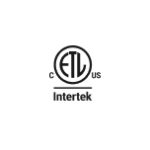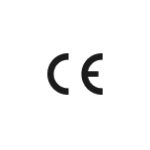Lithium-ion (Li-ion) batteries are a type of rechargeable battery that uses lithium ions as the charge carriers in its electrochemical reactions. They are widely used in various applications due to their high energy density, lightweight construction, and long lifespan. Lithium-ion batteries have become the standard power source for many portable electronic devices, electric vehicles, and renewable energy storage systems.
Lithium ion batteries are lightweight, have a high energy density, and offer a longer lifespan compared to other types of batteries.
When used correctly, lithium batteries are generally safe. However, mishandling or damage can lead to safety hazards such as overheating or fire.
It’s best to use chargers specifically designed for lithium ion batteries to ensure safe and efficient charging.
If a rechargeable lithium battery goes into protection mode, it typically means that the battery’s internal protection circuitry has activated due to overcharging, over-discharging, or a fault condition. When this happens, the battery shuts down to prevent damage to the cells and ensure safety.





